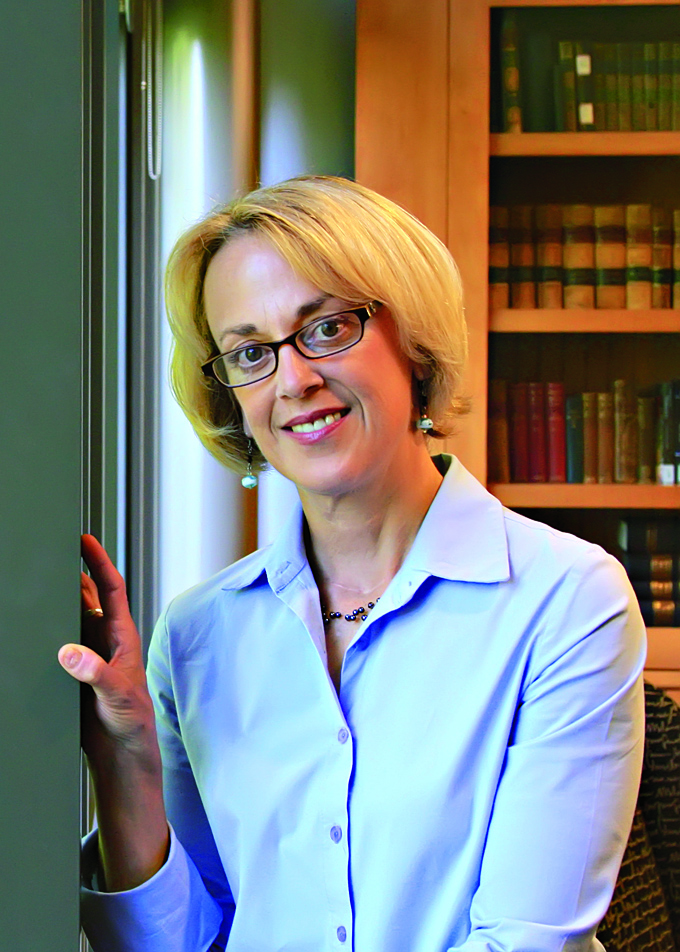Quake!
Open gallery

by Lisa LeSage
I have lived through so many of them here. First the deep rumbling sound, then the slow roll, then the shake-rattle of dishes. But then the temblor is over, as fast as it came.
But this time is different. Frighteningly different.
The rumbling picks up speed, motion, and sound. I sit up in bed, frozen. Sole, my friend and housemate, yells from her bedroom, ”Terremoto!”
We run-stagger through the hall door, setting off the house alarm, trying to get to the main beam of the house just as the rolling picks up so much speed we lose our footing. Walls groan ominously, and bottles, pictures, and shelves crash all around us. Shrieking house and car alarms add to the quake’s deafening noise.
Something strikes me, hard, on the forehead—I don’t feel any pain. Everything goes dark. It is as if the world is ending. Sole and I cling to one another and the wall, half kneeling, half standing, in our shared nightmare that won’t stop. My mind focuses on a single crystal-clear thought: “So this is how it’s going to be, this is how I am going to die.”
But I don’t. Bruised and shaken, but alive, Sole and I rouse ourselves amid the screeching alarms, the shattered glass and broken shelves. All Internet access, cell phone reception, and electricity are lost. But we can hear neighbors’ voices. And now our concern is to make sure everyone else is okay.
Thankfully, everyone in our circle of friends has come through relatively unscathed; unfortunately, for so many others in Chile this is not so. As a result of the 8.8-magnitude earthquake on February 27, more than 30,000 homes in Santiago alone are damaged, bridges and overpasses are down, buildings have collapsed, and seaside villages are inundated and obliterated. Nearly a thousand people are dead or missing, and tens of thousands, mostly the poor, are now homeless. In less than three minutes, a country is changed forever.
Two weeks postquake, nerves are raw from continuing aftershocks and a countrywide electricity blackout. Sole’s grandmother’s house in Curico is in ruins, as is much of the formerly picturesque town. The nearby 400-year-old historic village of Vichuquen and our beloved little fishing village of Llico are completely gone. We see yellow tape around crumbled building cornices, giant cracks in the walls of the law school where I teach, and earthquake notices everywhere warning us what to do in case of another temblor. My colleagues and I on the fifth floor are learning which aftershocks mean we should seek shelter, and which we can ride out. My students are distracted and jittery. It is hard to begin the school year and my Fulbright project, hard to get traction when a giant hole has been blown through the center of everyone’s equilibrium.
This is the second time I’ve lived and worked in Chile, the most temblor-prone country on earth. The first time I came here, I was fresh from undergraduate college and a stint as a language student in war-torn Guatemala. I had no concept of what life was like under a dictatorship until I landed in Guatemala, but was soon to learn even more in Chile: the secret police, the fear, the curfews.
However, within that dark reality (so well documented by the movie Missing that we thought it was about us), I discovered a vibrant circle of friends. Friends who, over two decades and many miles, have continued to nurture one another through catastrophes, indescribable heartbreak, career and life changes, and times of great joy.
An earthquake is not the recommended way to begin a Fulbright. In so many ways it is a potent reminder of our individual and collective fragility—and the tremendous capriciousness of our physical environment. The 9/11s, the earthquakes, the hurricanes, and the dictatorships don’t always happen to someone else. The celestial buses can come careening around the corners of any of our lives.
Yet it is also an opportunity, a chance for reengagement. Are our interactions with one another—and our work—giving true meaning to our lives? Are we on the right path?
The next six months may be fraught with struggles, but I am privileged to share—and engage in—still more experiences with the people of Chile, who have demonstrated such great resilience, courage, and hope.
Lisa LeSage JD ’85, associate dean and director of business law programs at Lewis & Clark Law School, was awarded a Fulbright Scholar grant to lecture at Pontifica Universidad Catolica de Chile in Santiago during the 2009–10 academic year. She teaches in the university’s global business law program and is creating the framework for a law faculty support and enrichment program.
More L&C Magazine Stories
Lewis & Clark Magazine is located in McAfee on the Undergraduate Campus.
MSC: 19
email magazine@lclark.edu
voice 503-768-7970
fax 503-768-7969
The L&C Magazine staff welcomes letters and emails from readers about topics covered in the magazine. Correspondence must include your name and location and may be edited.
Lewis & Clark Magazine
Lewis & Clark
615 S. Palatine Hill Road MSC 19
Portland OR 97219

